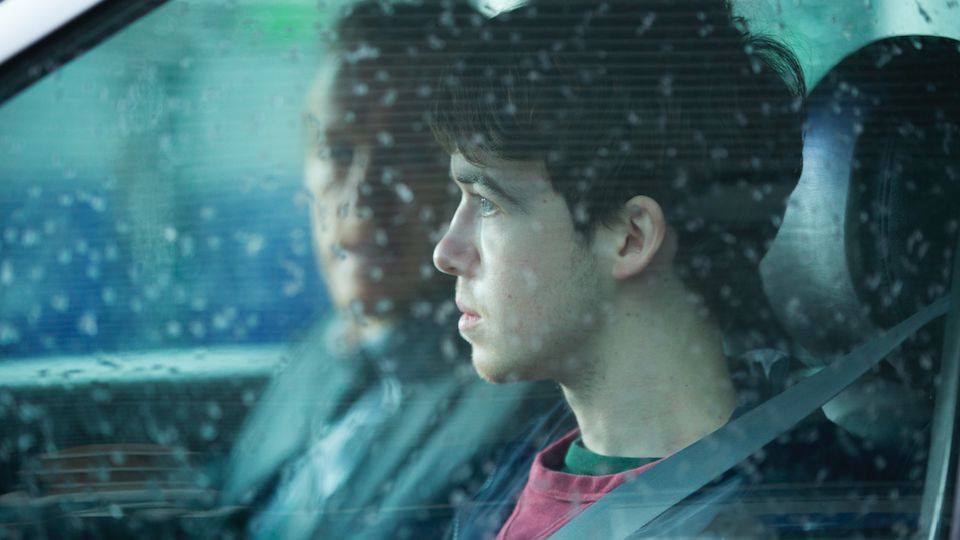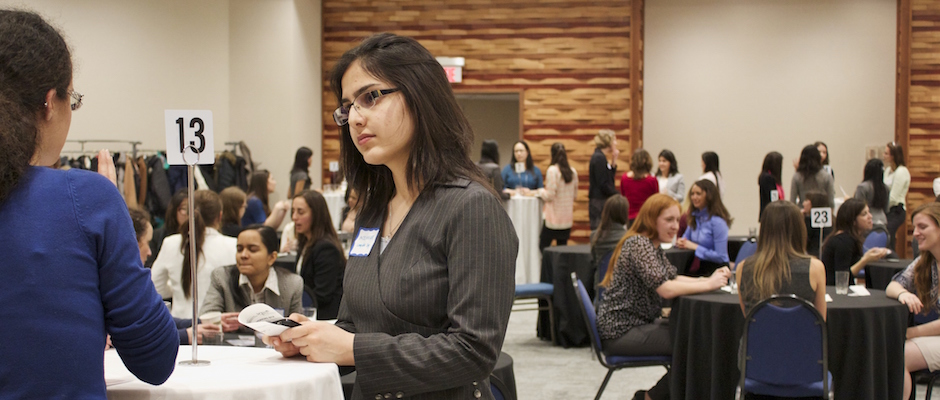Writers today, especially in television, are not afraid of creating protagonists who are fundamentally bad people. Anti-heroes are commonplace like never before among some of the most popular shows. In House of Cards, Frank Underwood kills his way to the top. In The Walking Dead, the man who was once representative of justice, Rick Grimes, has a tendency to self-destruct and unload on those whom he cares about. In Daredevil, Matt Murdock isn’t so much a hero as he is a selfish, flawed vigilante. In Breaking Bad, Walter White is, simply put, a meth dealer who destroys his family. I think you get the point.
Yet in many ways, the show that is most brazen about introducing ethically-compromised characters is Black Mirror, the British anthology series whose third season was just released on Netflix. So far, 13 episodes have been released over the course of three seasons, including a 2014 Christmas special. But unlike most shows, which follow a traditional serialized television structure or feature anthologized seasons (think American Horror Story), each episode of Black Mirror functions as a mini-movie, lasting between 45 and 90 minutes. Set sometime in the near future, the show explores the ways in which new technologies might radically alter our lives. And almost always, the consequences are grave. Functioning as a source of social divisiveness, the technology drives us apart. Instead of focusing on the large-scale impact of a new technology, each episode emphasizes its damaging effects on one particular individual, using him or her as a source for a kind of metonymic analysis of the downsides of technological innovation.
These individuals often descend into madness, losing themselves in the isolation of their technologically-advanced, but socially-inhibited, world. For me, watching one of these narrative arcs unfold is like watching a car crash come about in slow motion; from the beginning, you know exactly what’s going to happen, but up until the collision occurs, you still try to persuade yourself that everything is going to be just fine. But we all know that’s rarely the case. Every episode of Black Mirror leaves behind a set of broken people, and in the next episode, the cycle begins anew. We are introduced to a set of fresh, smiling faces, but we’re painfully aware that they will soon be destroyed.
The characters who occupy much of the screen time in these often-brutal episodes are terrible people. Even if these characters initially seem innocent, that innocence is often is destroyed in a twist or reveal that makes them out to be horrible people, often to the point where it’s necessary to question the sympathy that the show initially gives them. The characters are pedophiles, child murderers, and abusive spouses. They are motionless drones who sacrifice human life without batting an eye. There’s even an episode following a member of what is essentially a eugenics army. In the very first episode, the Prime Minister of Great Britain must struggle with a choice about bestiality. Yet somehow, you find yourself rooting for these wretched people anyway. You side with the pedophile, you feel devastated by the treatment of the child murderer, and you feel sorry for the abusive spouse. You come understand the developers and the motives of the army, feeling sympathy for those caught in their web. It’s like Cinderella, except not the one where the poor child finds her way to the man of her dreams and away from the awful family – it’s the Cinderella where the step-sister cuts off her toes to fit her foot into the glass slipper. And despite every sign saying you shouldn’t, you’ll quickly find yourself rooting for the step-sister. All of this leaves a foul taste in your mouth, but it also attests to the show’s mastery of creating emotional and ethical complexity.
These morally dubious characters—and the conflicting reactions they elicit—are the backbone of an incredibly cynical show that always assumes the worst in people. None of the episodes even have an antagonist. That is, there isn’t anyone who works specifically against these characters, because their demise is a recipe of their own design. In fact, the characters tend to deserve the fates they receive, no matter how horrible they seem.
To the viewer, though, it doesn’t feel like it. Rather, it feels like the game they’re playing is rigged, like these technologies are designed to bring out the worst in people. And what makes this so impactful is that these technologies seem to be a reality that we are heading towards. Often, the dystopian environments that the show creates are only years ahead of us, almost within our reach. In fact, some of the show’s narratives are basically coming true. “The Waldo Moment,” released in 2013, essentially predicts Trump’s rise to international prominence as a political figure, while “Nosedive,” an episode about a future where every human interaction is based around a rating system, is eerily reminiscent to a rating someone might give their Uber driver. The familiarity of each episode—how they depict ‘futures’ just like what we have now, but with a slight twist—raises disturbing questions about the progression of technology that we take for granted. It forces us to reckon with the fact that in this age where the effects of technology are inescapable, our society could go astray at any moment. It forces us to ask whether we really are better than this, or if insanity is only an arm’s length away. Are these the fates we deserve?


